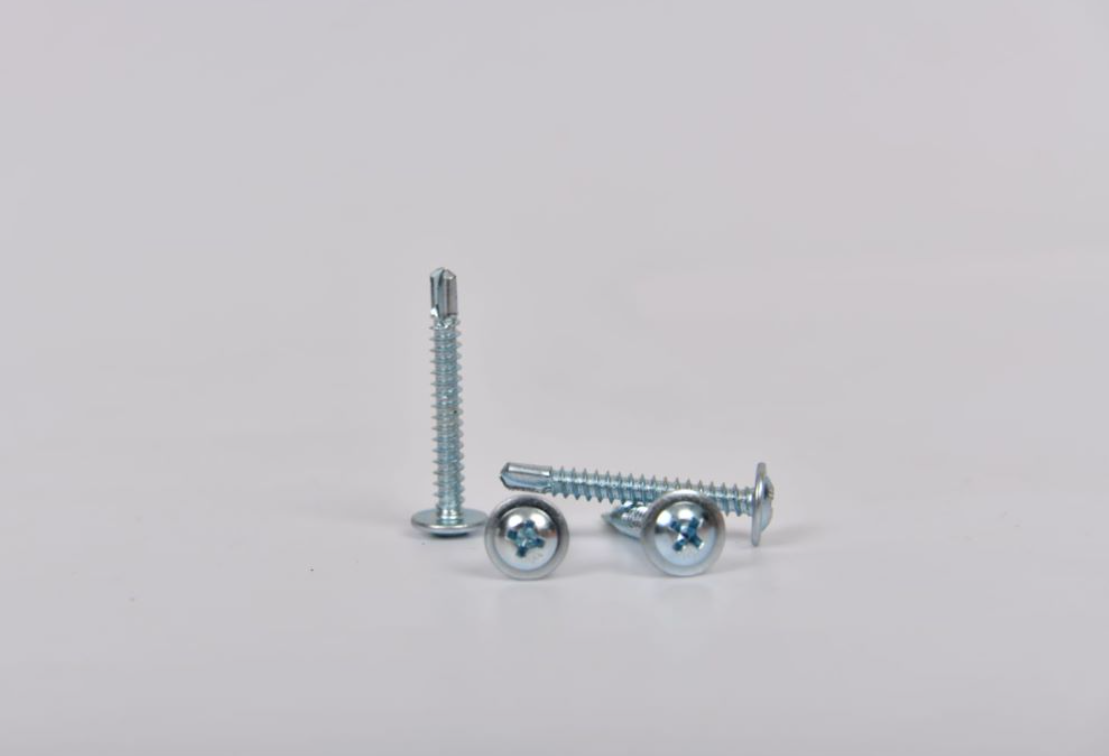Spring Wave Washer Production Facility and Manufacturing Insights
The Importance of Spring Wave Washer Factories in Modern Manufacturing
In today's rapidly evolving manufacturing landscape, the role of specialized component suppliers cannot be underestimated. Among these critical components are spring wave washers, which are essential in various applications across multiple industries. This article explores the significance of spring wave washer factories, their manufacturing processes, and the impact they have on the efficiency and reliability of machinery.
Understanding Spring Wave Washers
Spring wave washers, known for their unique wave-like shape, serve as a form of spring in mechanical assemblies. They are typically made of metal and are designed to absorb shock, reduce friction, and maintain tension within a joint. Their flexibility allows them to distribute loads evenly, making them ideal for applications in automotive, aerospace, electronics, and various industrial machinery.
The Manufacturing Process
The production of spring wave washers involves several intricate steps to ensure quality and performance. The first step is the selection of high-quality raw materials—most commonly spring steel or stainless steel—depending on the intended application and required resistance to corrosion or fatigue.
Once the material is selected, it undergoes a series of processes including
1. Blanking This initial step involves cutting the raw material into flat discs that will eventually take the shape of the wave washer. Precision in this step is crucial, as it dictates the overall quality of the finished product.
2. Forming In this step, the flat discs are passed through specialized die tools that create the characteristic wave shape. This forming process must be carefully controlled to ensure the correct height and spacing of the waves, which are vital for the washer's performance.
3. Heat Treatment After forming, the washers often undergo heat treatment to enhance their strength and elasticity. This step improves their fatigue resistance and ensures they can endure the repetitive stress they will encounter in use.
4. Finishing The final step includes processes like surface grinding, polishing, and coating to enhance the durability and appearance of the washers. Factors such as friction reduction and corrosion resistance are taken into consideration, especially for washers used in harsh environments.
spring wave washer factory

Quality Control Measures
Quality control is an integral part of the production process in spring wave washer factories. Manufacturers employ a variety of testing methods to ensure that the washers meet industry standards and specifications. This includes
- Dimensional Inspection Using precision measuring tools, factories check the dimensions of each washer to ensure they conform to design specifications.
- Material Testing Samples from production batches are subjected to tests that assess material properties such as tensile strength, hardness, and elasticity.
- Performance Testing Some manufacturers also perform load tests to evaluate how well the washers can handle stress and maintain their shape under operational conditions.
The Impact of Spring Wave Washer Factories
The significance of spring wave washer factories extends beyond merely producing an essential component. These factories play a vital role in various sectors by ensuring the reliability and efficiency of machines. Properly functioning wave washers reduce the risk of mechanical failure, prolong the lifespan of equipment, and ultimately contribute to enhanced safety standards.
Moreover, their presence supports local economies, as manufacturing facilities generate jobs and stimulate growth in surrounding communities. The innovation and advancements in manufacturing techniques employed by these factories also pave the way for more efficient and sustainable practices in the industry.
Conclusion
In conclusion, spring wave washers are indispensable components in modern machinery, providing critical functions that enhance performance and durability. The factories that produce these specialized washers are integral to ensuring that industries can rely on high-quality components for their manufacturing processes. As technology continues to advance, the importance of these factories will only grow, highlighting their role in shaping the future of manufacturing. The collaborative efforts of engineers, manufacturers, and quality control specialists ensure that spring wave washers will continue to meet the ever-evolving demands of the marketplace.
-
Top Choices for Plasterboard FixingNewsDec.26,2024
-
The Versatility of Specialty WashersNewsDec.26,2024
-
Secure Your ProjectsNewsDec.26,2024
-
Essential Screws for Chipboard Flooring ProjectsNewsDec.26,2024
-
Choosing the Right Drywall ScrewsNewsDec.26,2024
-
Black Phosphate Screws for Superior PerformanceNewsDec.26,2024
-
The Versatile Choice of Nylon Flat Washers for Your NeedsNewsDec.18,2024










